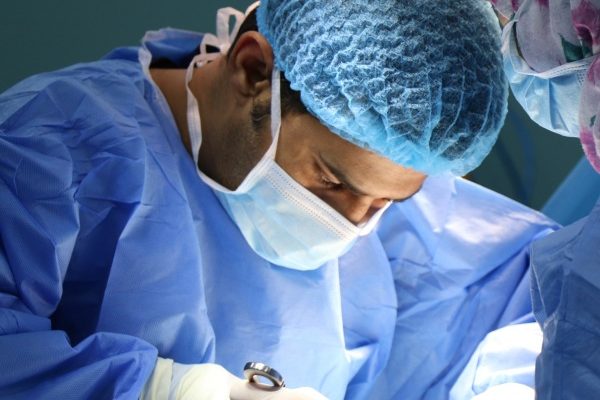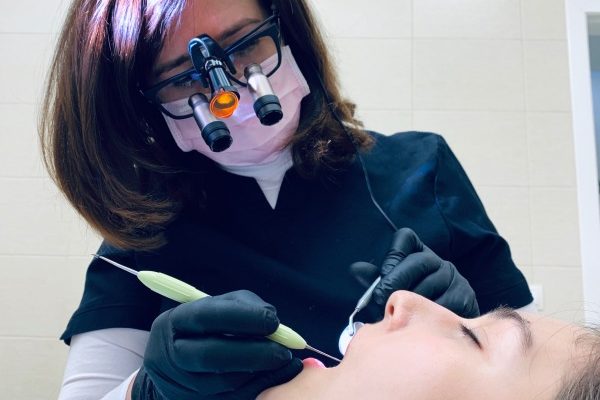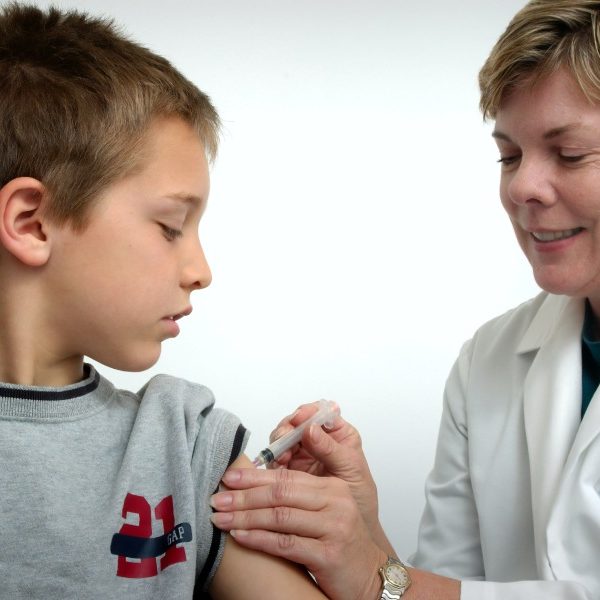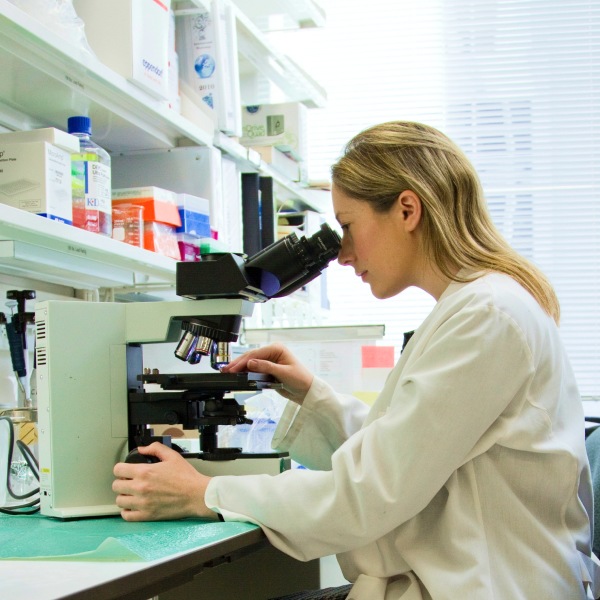Courses in English
What We do and how we do it

General Medicine In English
The medicine course provides a well-rounded intellectual training with particular emphasis on the empirical science research that underpins medicine, followed by three years of clinical experience

Dental Medicine In English
The dentistry course at Dnipro Medical Institute will provide you with a solid foundation of learning on which to base your clinical experience and patient care, get taught by world leading doctors and dentists!

Undergraduate Medicine in English
This course is aimed at graduates who have already gained a higher education qualification. You can study medicine in less years than a conventional route, depending on your previous degree.
Become a Practicing Doctor
Medical and dental students need to study a wide range of science and social science disciplines that underpin medical knowledge, understanding and practice. The Graduate entry curriculum has been designed to encourage students to link their knowledge and understanding across disciplines and to integrate the theory and practice of medicine. The additional skills and life experience bought by graduates to the course have enabled the development of an innovative curriculum which will enable achievement of the MD degree in six years, or less.

This specification provides a concise summary of the main features of the programme and the learning outcomes that a typical student might reasonably be expected to achieve and demonstrate if s/he takes full advantage of the learning opportunities that are provided.
Program summary
- Awarding Institution: Dnipro Medical Institute (Traditional and non-Traditional Medicine)
- Teaching Institution: Dnipro Medical Institute (Traditional and non-Traditional Medicine)
- Mode of study: Full time
- Duration in years: Varies from 2 to 6 years, depending on previous qualifications.
- Accreditation details: Currently accepted by all countries within the European Union, the UK's General Medical Council, Australian Medical Council, Most states in the USA, Canada, and many others.
- Name of award: Doctor of Medicine (MD) degree, Doctor of Dental Medicine (DMD) degree.
- QAA Subject Benchmark or other: Medicine, Dental Medicine
- Regulated by: Ministry of Health, Ministry of Education, EU Directive Medical Education Standards
- Program Lead: Dr Iryna Pysarevs'ka
- Date specification was first written: 27/10/2012
- Date Program was validated: September 2013
- Date specification was last updated: March 2018
Brief outline of the program
Accreditation
As well as meeting all of the requirements of the University, the program at Dnipro Medical Institute leads to the qualification of Doctor of Medicine, as a Primary Medical Qualification accredited by Medical Councils globally, allows graduates to gain provisional registration and apply to work in numerous countries all over the world as a graduate Year 1 Doctor. The program fulfils all of the requirements of the medical councils globally through aligning with the required standards; and taking heed of the guidance documents published by the EU Directive of Medical Education in relation to Undergraduate Medical Education (UME) which are published on their website. The learning outcomes for the program are aligned with the “outcomes for graduates” produced by the EU and all aspects of the program design, delivery and management meet the standards and requirements set out in “Promoting Excellence: Standards for Medical Education and Training”. The professional values students must meet and how we deal with concerns about Students’ fitness to practise are in line with “Professional behaviour and fitness to practise: guidance for medical schools and their students”.
All of the programs are composed of three educational key points which have both informed and guided its development. These are that the curriculum should:
enable students to relate their learning to future practice;
encourage students to understand concepts and principles rather than merely reproduce factual knowledge;
encourage students to adopt independent thought and self-direction in learning.
The curriculum is created to be Integrated, systems/speciality Based and spiral in nature, with clinical context throughout the program, including early patient contact and long placements in later years. Students are expected to become progressively more independent and self-directed in their learning.
The learning outcome of the program fall into three hypothetical main principles –
The Doctor as a Scholar and a Scientist
The Doctor as a Professional
The Doctor as a Practitioner
which permeate throughout the course. Whilst there is greater emphasis on the Doctor as a Scholar and a Scientist in the early theoretical years and a greater emphasis on the Doctor as a Practitioner in later clinical years and the phases of our courses are named accordingly there is no pre-clinical and clinical split to the programmes and student have patient contact and placement based learning from the first year of the course in all programmes. Aside from the placement based learning in the early years clinical context is enhanced through the use of patient cases (paper based, expert patient based or virtual patient based) and practising skills in clinical skills suites with peers and simulations.
This means that students are taught their knowledge and understanding (Doctor as a Scholar and a Scientist), clinical skills (Doctor as a Practitioner) and professional skills (Doctor as a Professional) in an integrated fashion and not separately.
The curriculum is organised around body systems (e.g. cardiovascular system, endocrine system, renal system, respiratory system etc.) in subject areas. In the later years the placements are organised by specialities (e.g. primary care, medicine, therapeutic, surgical, orthopedic and pediatric , psychiatry). Spiral Curriculum – This means that many aspects of the curriculum (subjects, themes, systems, diseases and specialities) will appear in the curriculum on multiple occasions to enable students to build up their knowledge